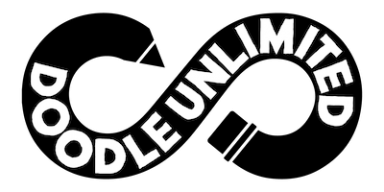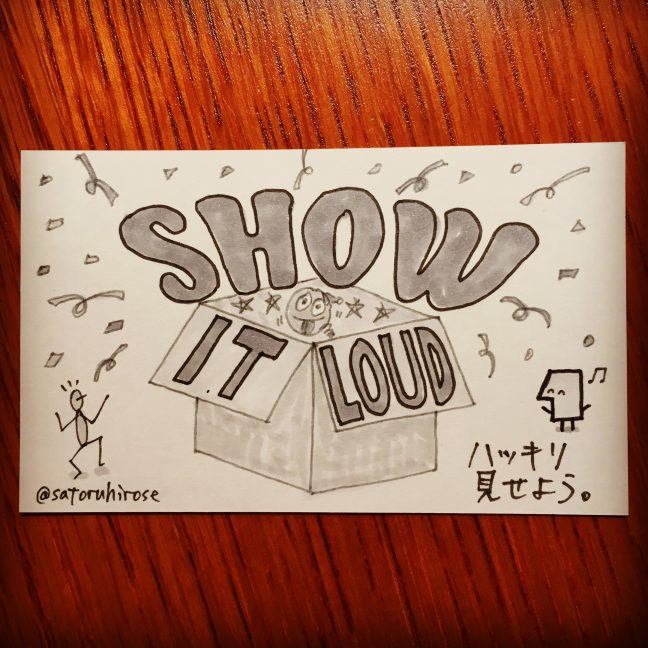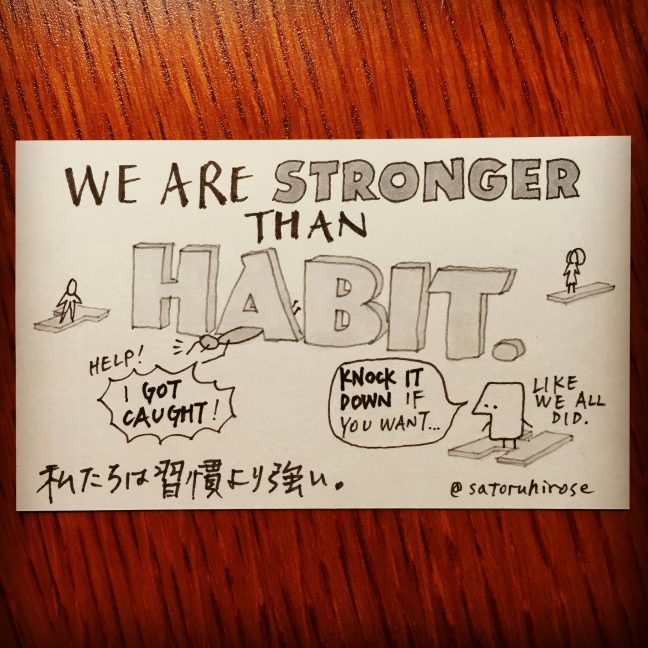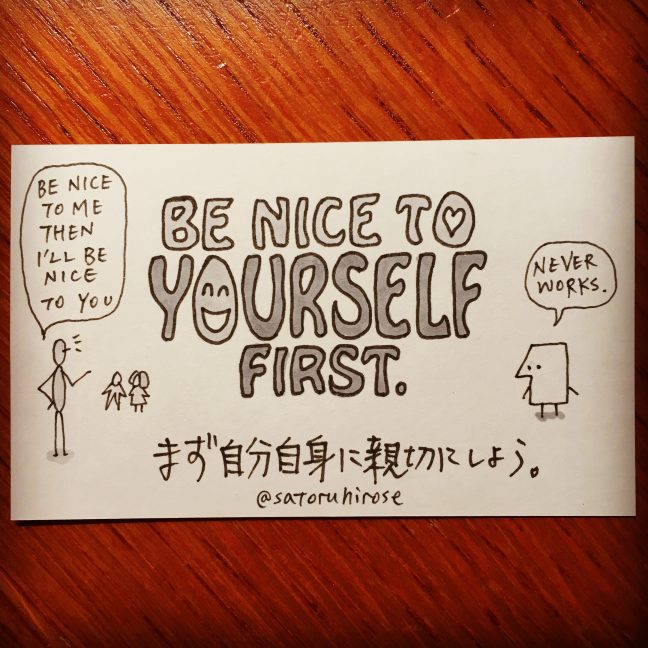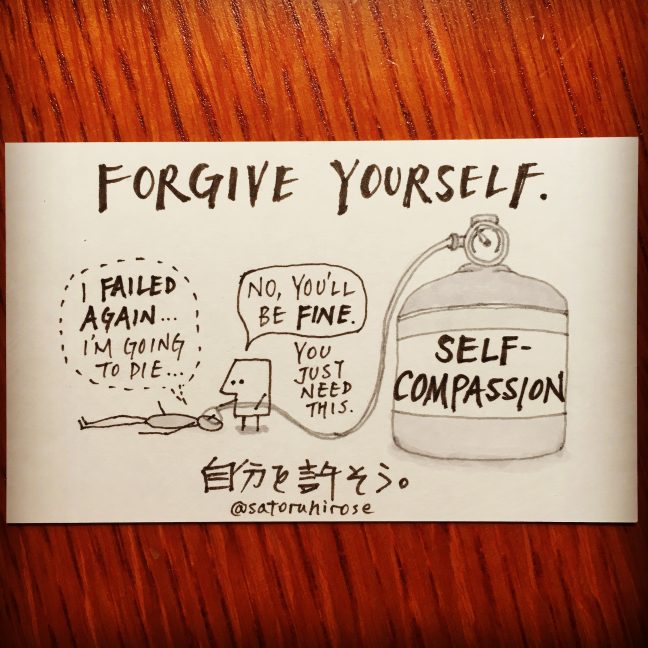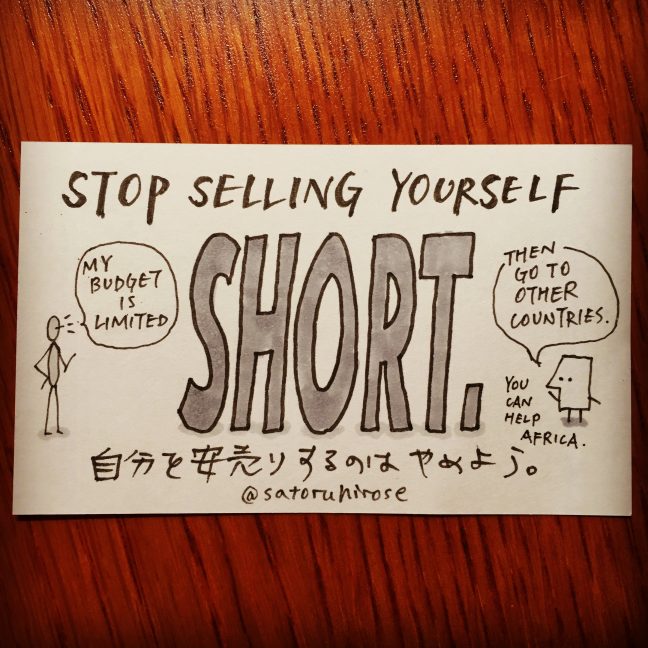Be nice to yourself first.
まず自分自身に親切にしよう。
I don’t follow so many accounts on social media. I maintain a quite-limited number of friends on Facebook, and on top of that, I rarely see my Facebook timeline. I do these intentionally to avoid “triggers.”
It’s not always easy to fill our head with positive voices. Negative voices come up even when we don’t intend to—that’s how our brain works. It’s in the same way that a great idea pops up in our head out of the blue.
So what should we do? The first thing is to input more positive voices into our brain. Reading motivational articles or books, listening to inspirational audiobooks or podcasts… like many of you have already been doing.
The second thing is to stay away from “triggers” that can produce negative voices in our head. It requires a certain level of self-awareness—because we have no idea what to avoid if we don’t know the things that our brain responds negatively to. But once we recognize them, we can design our way of life and work to avoid them as much as we can.
We have to be nice to ourselves first so that we can be nice to others. The opposite doesn’t always work because that can cause a feeling of being victimized.
Find your own way to be super nice to yourself—other good things will follow.
